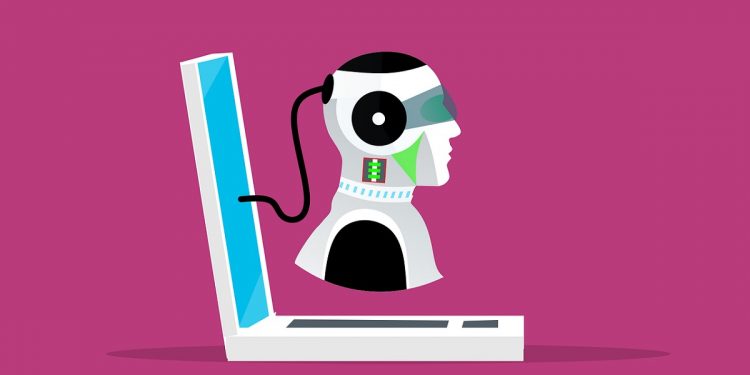Artificial Intelligence (AI) is in high demand, Gartner Inc Forecasts Worldwide AI software market revenue is to reach $62.5 billion in 2022, 21.3% up from 2021.
AI is shifting the boundaries of machine-enabled functionalities. For example, AI technology helps machines act with autonomy, resulting in the efficient performance of iterative jobs. In addition, AI enables the creation of a next-generation workplace that advances seamless collaboration between the enterprise system and individuals. Hence, human resources are not made obsolete, but rather, their efforts are bolstered by emerging tech. The impact of AI in transforming business is enormous. Organizations like Microsoft, Google, Amazon, etc, spent massive money to advances AI initiatives.
“The AI software market is picking up speed, but its long-term trajectory will depend on enterprises advancing their AI maturity,” said Alys Woodward, senior research director at Gartner.
The AI software market incorporates applications with AI embedded in them, such as computer vision software and software used to build AI operations.
Gartner’s AI software forecast is on the basis of use cases, analyzing the volume of potential business value, the timing of business value, and risk to project how use cases will grow.
“Successful AI business outcomes will depend on the careful selection of use cases,” said Woodward. “Use cases that deliver significant business value, yet can be scaled to reduce risk, are critical to demonstrate the impact of AI investment to business stakeholders.”
The rise in demand for AI technologies and market growth is bound to the company’s AI maturity levels. However, enterprises maintain a strong interest in AI, with 48% of CIOs in the 2022 Gartner CIO and Technology Executive Survey acknowledging that they have already deployed or plan to deploy AI and machine learning technologies within the next 12 months.
Yet, the fact of AI deployment is much more restricted. Gartner’s research found that companies generally test with AI but struggle to make the technology a part of their regular operations. As a result, Gartner predicts that it will take until 2025 for half of the companies worldwide to reach what Gartner’s AI maturity model describes as the “stabilization stage” of AI maturity or beyond.
The technological advances in AI maturity will improve AI software revenue due to increased spending, especially across the data and analytics-related category.
Also Read: Low Code Transforming Banking, Today and Tomorrow



















